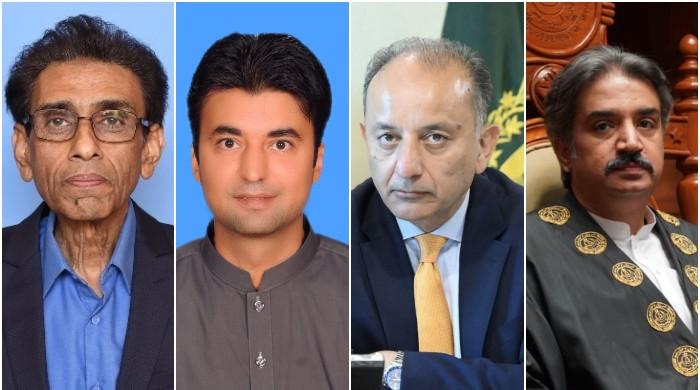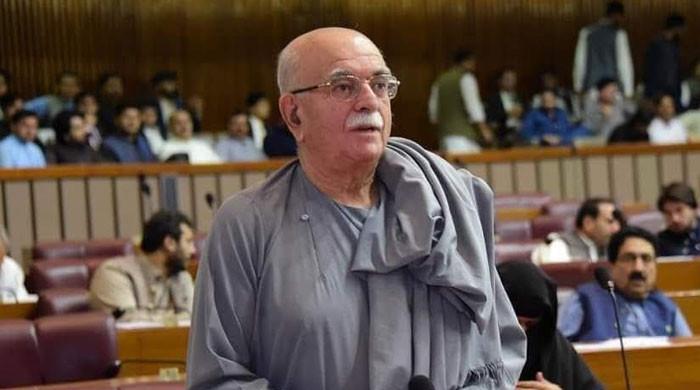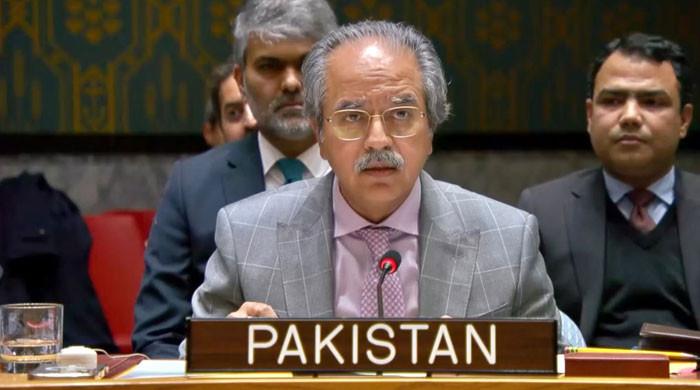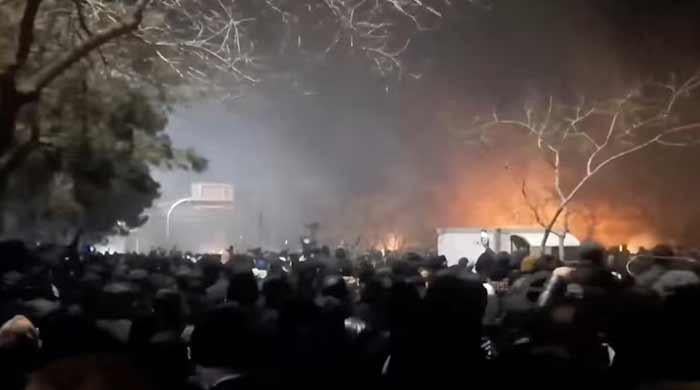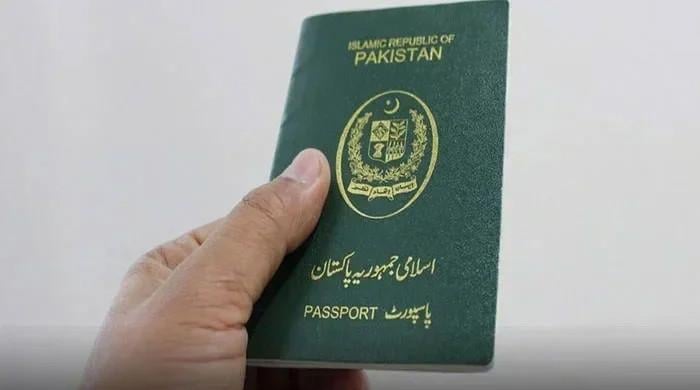Gilani contempt: Government decides not to appeal against SC verdict
ISLAMABAD: The government has decided that it will not appeal against the Supreme Court’s verdict against Prime Minister Yousuf Raza Gilani in contempt of court case, Geo News reported...
May 26, 2012
According to sources, Prime Minister Yousuf Raza Gilani and his close legal and political advisers discussed the matter of challenging the SC’s decision at length on Friday and later decided not to file the appeal.
A seven-member bench of the Supreme Court on April 26 had convicted PM Gilani in contempt of court case against him for refusing to comply with an order to write a letter to Swiss authorities, asking them to re-open corruption cases against President Asif Ali Zardari.
The ruling said that Gilani was guilty of contempt, but would serve a sentence only "until the rising of the court," or by the time the judges left the chamber. That happened about 30 seconds after the verdict was handed down.
National Assembly Speaker, Dr Fehmida Mirza had earlier decided not to send the reference to the Election Commission against PM Gilani and said there was no question of his disqualification as a member of the National Assembly.
In Dr. Mirza’s five page ruling, she observed that charges against the Prime Minister were not relatable to the grounds mentioned in paragraph (g) or (h) of clause (1) of Article 63, therefore, no question of disqualification of Syed Yousaf Raza Gillani from being a member arises under clause (2) of Article 63 of the Constitution.
Dr. Mirza also expressed concerns over the procedure used by the Supreme Court’s Assistant Registrar in sending the short order and verdict to her. Before proceeding further, I may like to show my serious concerns regarding letters through which Short Order and detailed judgment of the Supreme Court were separately conveyed by the Assistant Registrar writing for Registrar and addressed directly to the Speaker.
The National Assembly Speaker had been holding consultations with various legal experts for several weeks prior to issuing this ruling.




